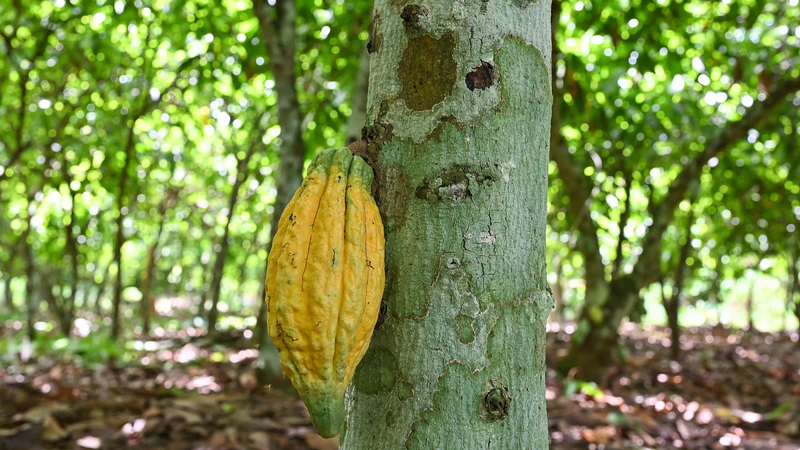In Cote d'Ivoire, the world’s largest cocoa producer, the bean has long been a lifeline for smallholder farmers. However, adverse weather and plant diseases have dented harvests in recent years—especially in key growing regions.
Now, a new challenge looms. U.S. President Donald Trump’s plan to slap a 21 percent tariff on imports from Cote d'Ivoire—the highest rate among West African nations—could hit farmers’ incomes and sway global cocoa markets.
Many growers fear that steeper export costs will squeeze already tight margins. Delayed payments, reduced investment in farm maintenance, and even the prospect of leaving plantations untended are among the concerns raised by cooperatives and local communities.
The ripple effects could reach chocolate shops from Paris to São Paulo. Buyers and confectionery brands, particularly those committed to sustainable and ethical sourcing, are monitoring developments closely. For entrepreneurs and innovators in food tech, the situation highlights the fragility of supply chains in a rapidly changing climate and trade environment.
As stakeholders await further negotiations, farmers are urging a collaborative approach—one that balances trade policy with on-the-ground realities. For Cote d'Ivoire’s cocoa sector, the path ahead could redefine resilience in one of the world’s most vital agricultural industries.
Reference(s):
Struggling Cote d'Ivoire cocoa farmers worried about U.S. tariff plans
cgtn.com




